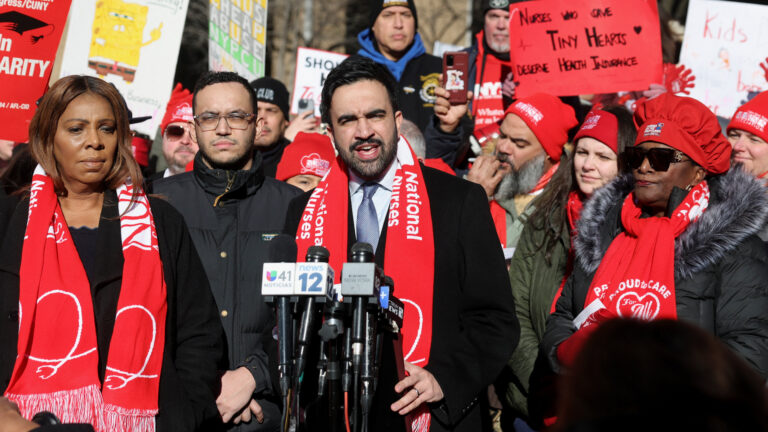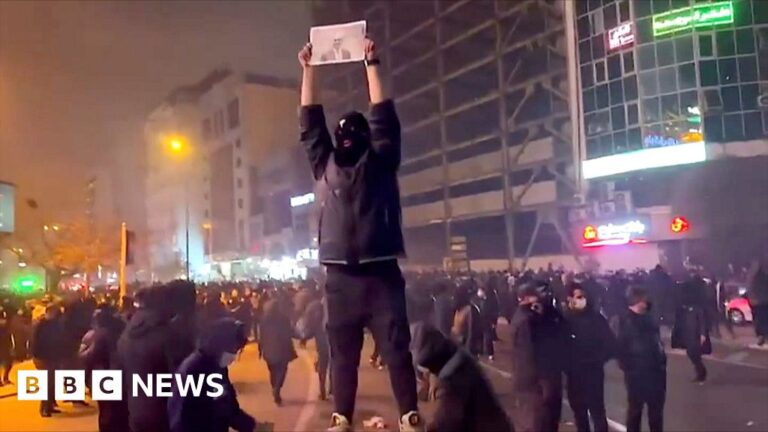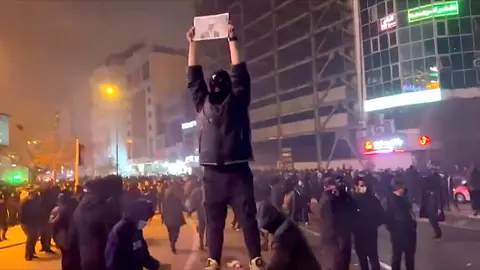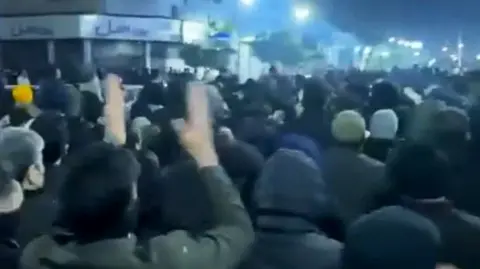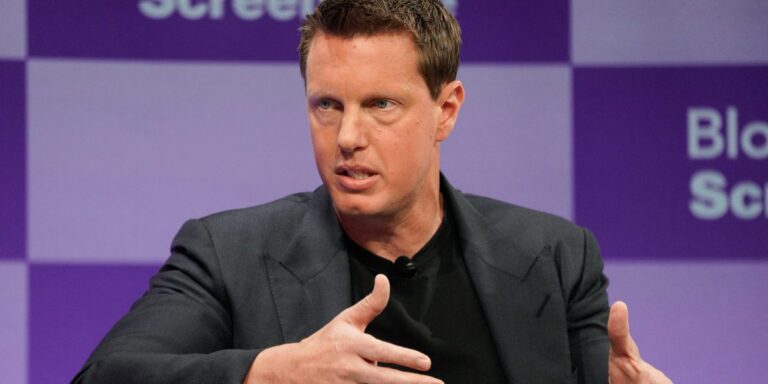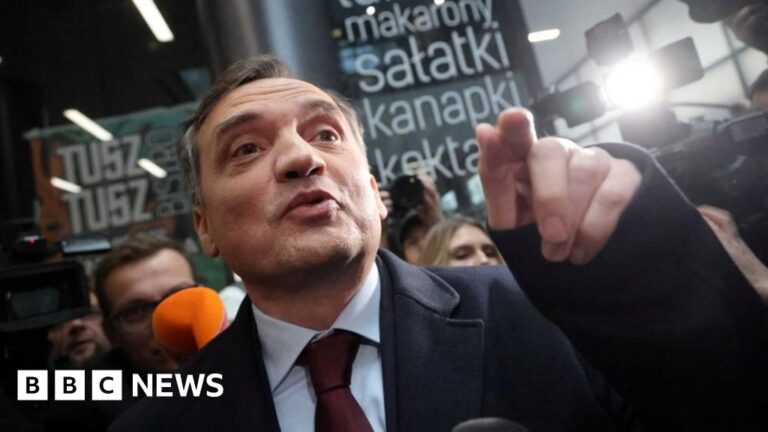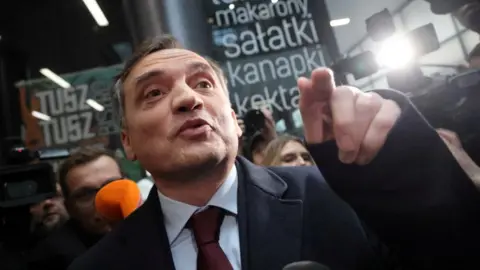East L.A. rock group Los Lobos have filed two lawsuits against Sony, claiming the band was underpaid royalties on the songs they recorded for the La Bamba and Desperado soundtracks.
Between them, the lawsuits ask for between $1.5 million and $2.75 million in compensation. They were filed in California state court late last year, and only came to light when one of the suits was transferred to a federal court on Friday (January 9).
That lawsuit names Sony Music Entertainment and its label Milan Entertainment as defendants, and centers on Canción del Mariachi, a song Los Lobos recorded for the 1995 Antonio Banderas film Desperado.
The song was used as the opening track for the movie, and appeared on both the Desperado soundtrack and in a 2004 compilation soundtrack of all the Mariachi movies, titled Mexico and the Mariachis, released by Milan Entertainment. Milan was acquired by Sony Masterworks in 2019. The song has been available via that soundtrack on streaming since 2018.
“Plaintiffs’ representatives have recently discovered that neither Sony, nor Milan, or any other Sony-related entity has ever accounted to Los Lobos for any digital streaming of the recording in any country, territory, or place, for any streaming, at any time, for any royalty period,” states the complaint, which can be read in full here.
“Neither Sony, nor Milan, or any other Sony-related entity has ever accounted to Los Lobos for any digital streaming of the recording in any country, territory, or place, for any streaming, at any time, for any royalty period.”
Los Lobos, in a complaint against Sony
This failure to account for the song’s streams became “even more egregious” in recent years when Canción del Mariachi gained new fans after UFC fighter Ilia “El Matador” Topuria began using it as his “walkout” song or “anthem,” the complaint states. It alleges Sony was aware of the song’s resurgent popularity, as it had the title changed to Canción del Mariachi (Ilia Topuria ‘El Matador’ Anthem).
Given that Los Lobos’ recording contract gave the band 24% of net revenue on the song, the band estimates they are owed between $500,000 and $750,000 for the more than 600 million streams the song has garnered. The complaint asks the court for a complete accounting of the royalties owed on the track.
It also states that Los Lobos have reason to believe the recording was licensed for use on television, for which the band never received royalties.
Sony Music declined to comment.
The other lawsuit names Sony Pictures Entertainment and Sony-owned Columbia Pictures as defendants, and alleges that members of Los Lobos – David Hidalgo, Louie Perez, Cesar Rosas, Conrad Lozano, and Steve Berlin – were never paid royalties for streams outside the US and Canada for their 1987 cover of La Bamba.
Los Lobos recorded the song for a biopic of rocker Ritchie Valens, also titled La Bamba. Valens died in 1959 in a plane crash in Iowa that also killed Buddy Holly and ‘Big Bopper’ J.P. Richardson. Valens had originally recorded La Bamba, which he had adapted from a Mexican folk song.
Los Lobos’ version of the song became an international hit, reaching No. 1 on the charts in 15 countries, according to the complaint as cited by Rolling Stone, and spent three weeks at No. 1 on the Billboard Hot 100.
Despite the song’s international success, “plaintiff’s representatives have recently discovered that no royalties for streaming exploitation of the recordings have ever been paid to Los Lobos for any country outside of the United States and Canada,” stated the complaint, as quoted by Billboard. The complaint describes that as a “massive deficiency.”
The complaint says Sony is responsible for the underpayment because it handles non-US and Canada royalty accounting for the La Bamba soundtrack. It estimates the back royalties owed run between $1 million and $2 million.
Los Lobos was formed in East Los Angeles in 1973 and came to prominence with La Bamba in 1987. They have recorded 17 studio albums, including most recently 2021’s Native Sons, and have been nominated for 12 Grammy awards, winning four.
Music Business Worldwide


